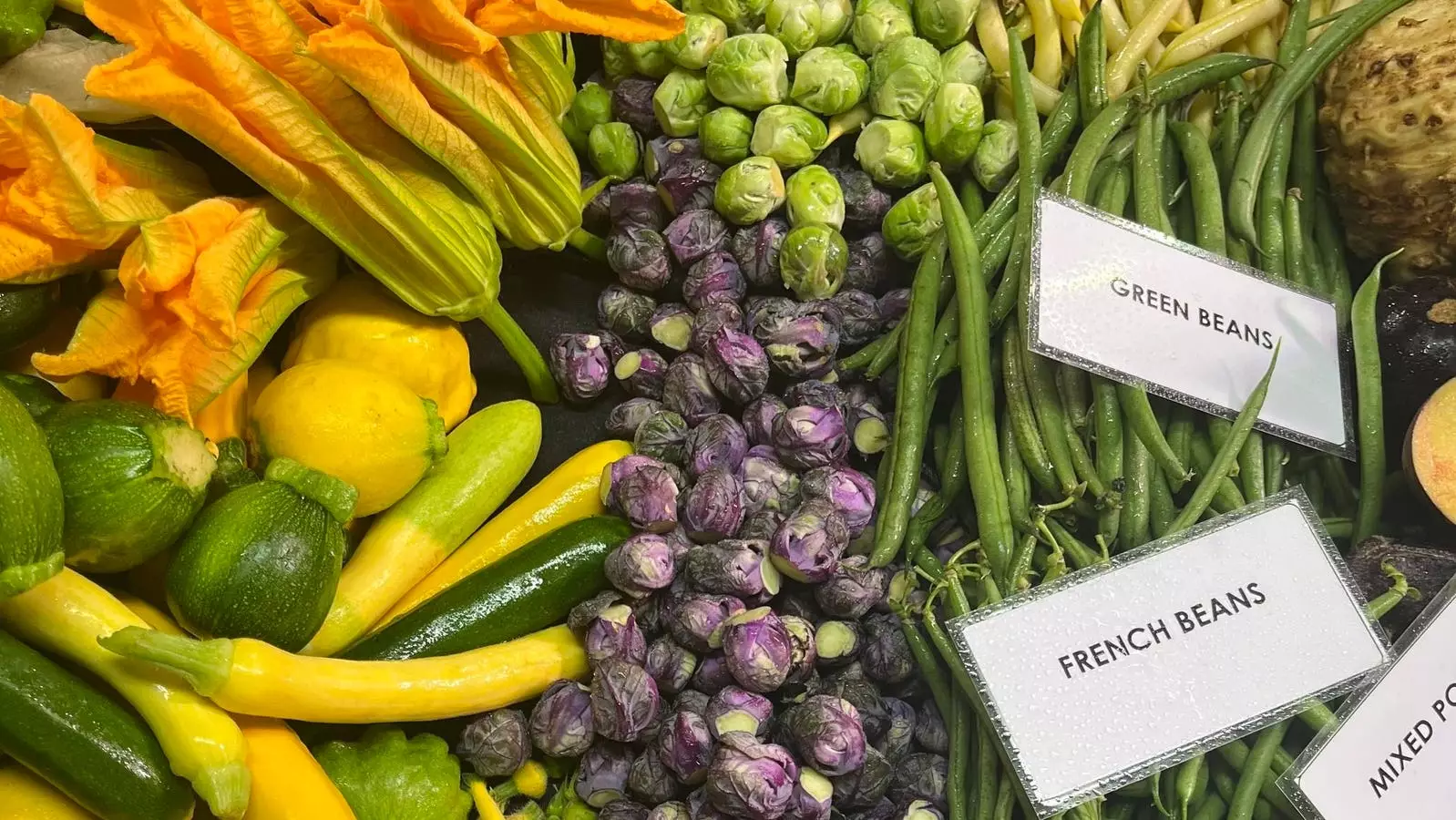As Climate Week approaches in New York City, the excitement surrounding sustainability and regenerative agriculture is palpable. This excitement is not merely about an event—it resonates deeply with the experiences and lessons drawn from real-life interactions with farms that are pioneering sustainable practices. Recently, I had the privilege of attending the annual Roots Conference at Chef’s Garden in Huron, Ohio. The experience was not just enlightening but also a feast for the senses, showcasing the exceptional potential of organic farming.
The emphasis on fresh, raw produce is a critical reminder of what sustainable agriculture can achieve. Chef’s Garden offered a dazzling array of vegetables, including delicate fairytale eggplants, striking cucamelons, and an impressive variety of tomatoes and peppers. Each bite reinforces the narrative that sustainable practices not only yield flavorful results but also revive the intrinsic connection between food and nurturing the land it comes from. As I sampled the unique squash blossoms and vibrant edible flowers, it became clear: the future of food is not just in what we consume, but also in how we cultivate it.
The re-establishment of Chef’s Garden by Farmer Lee Jones is a poignant story of resilience and determination. After losing the farm during his high school years, Jones fought to reclaim his family’s legacy, and in doing so, a new story of hope and sustainability has emerged. Receiving the land back provided an opportunity not just for recovery but for innovation. This narrative underscores the importance of secure land tenure in agriculture, which enables farmers to invest in long-term strategies for sustainability.
Today, the Jones brothers are champions of regenerative agriculture principles that enhance soil health, demonstrating a model that many farms would benefit from replicating. Their commitment to soil integrity is complemented by a bold initiative to harness on-farm energy resources. The progressive step of utilizing recycled corn cobs and other renewable projects means that Chef’s Garden can now produce an astounding 70% of its own electrical needs. This autonomy is vital, particularly in a time when energy grids are stretched thin. It ensures the farm’s resilience in the face of natural disasters—an increasingly relevant concern in today’s climate crisis.
As I prepare to immerse myself in Climate Week’s events, I’m reminded of the crucial conversations that arise when diverse minds gather to discuss food and agriculture policy. I will be moderating several panels, which promise to incite engaging dialogues filled with both hope and urgency. Topics ranging from the intersection of nutritional policy with urban agriculture to the imperative role of pollinators in sustainable farming practices are on the agenda.
These discussions are necessary to navigate the complexities of our current food systems. For example, with inflation leading consumers to seek more affordable options, we face the challenge of ensuring that quality food remains accessible without compromising sustainability. It remains critical for brands and grocers to strike a balance that both prioritizes the planet and meets the needs of cost-conscious shoppers.
Beyond the individual stories of farms like Chef’s Garden lies a broader narrative of global food security. The themes emerging from Climate Week reflect a shared responsibility to cultivate sustainable practices across all sectors of the food and agricultural system. It’s not just about individual actions; it’s about building cohesive systems that support regenerative practices at every level.
One hopeful development is the increasing interest in private label products, tailored to meet the hunger for sustainable yet affordable options. This shift in consumer behavior suggests a burgeoning recognition of the importance of ethical sourcing and production methods, signaling a positive direction for the food industry.
As we gear up for Climate Week, it becomes clear that the call for action is not merely a personal endeavor but a collective one. Engaging with farmers, participating in discussions, and adopting sustainable practices are critical steps in addressing the pressing challenges our food systems face. The journey toward sustainability is intricate and winding, yet there is hope in the stories of resilience, innovation, and community. Let us stride forward together, informed and inspired, ready to forge a sustainable future for food.

